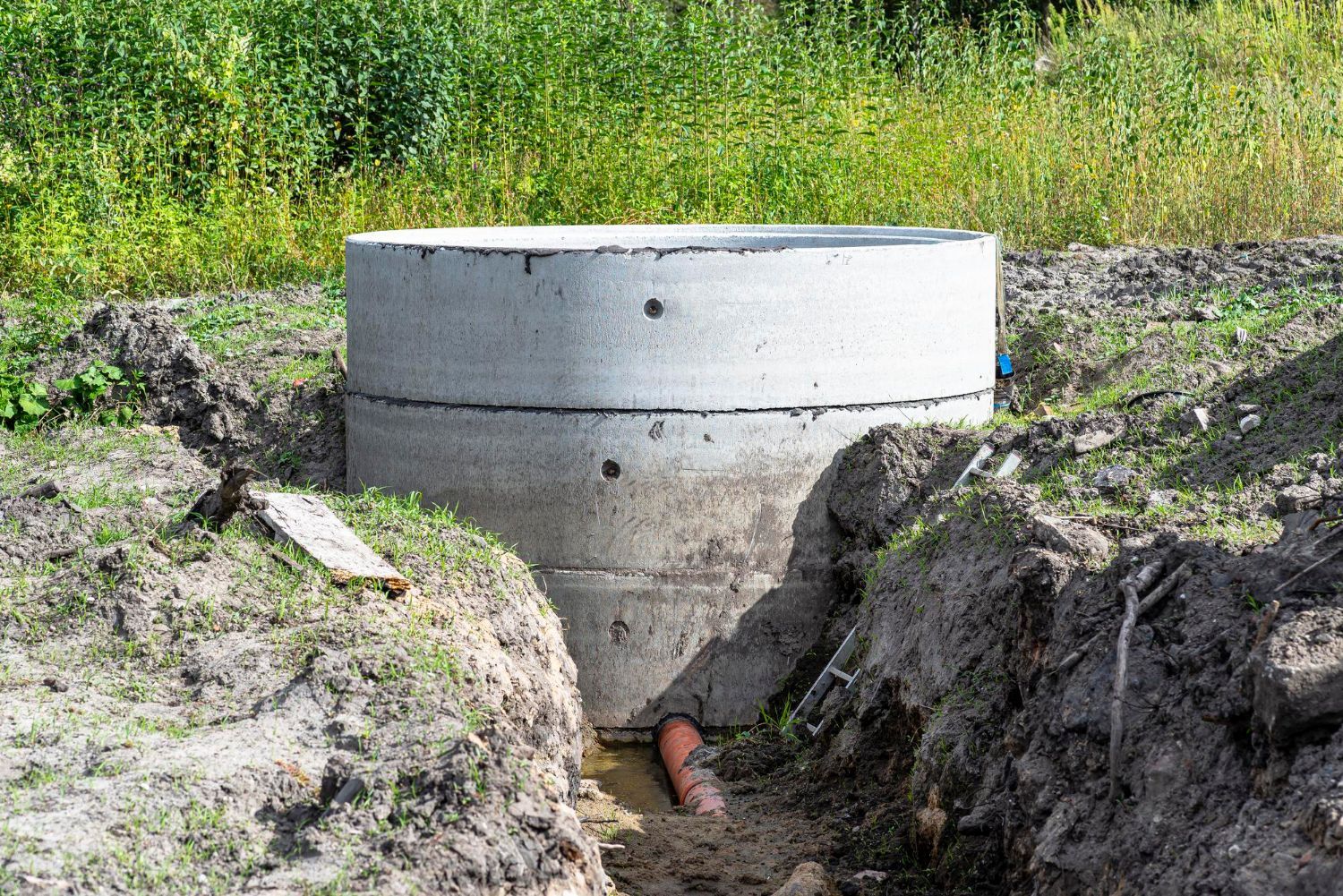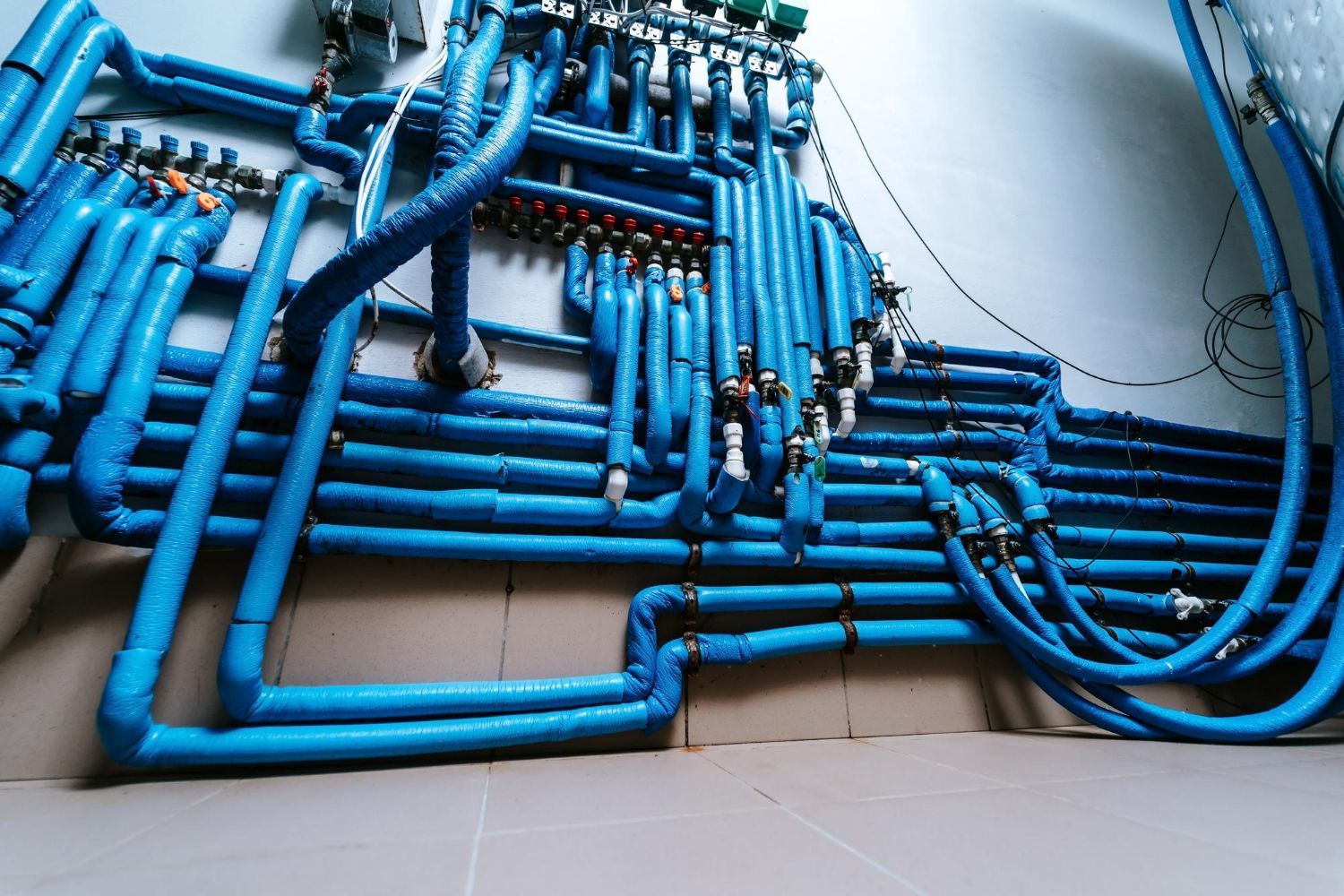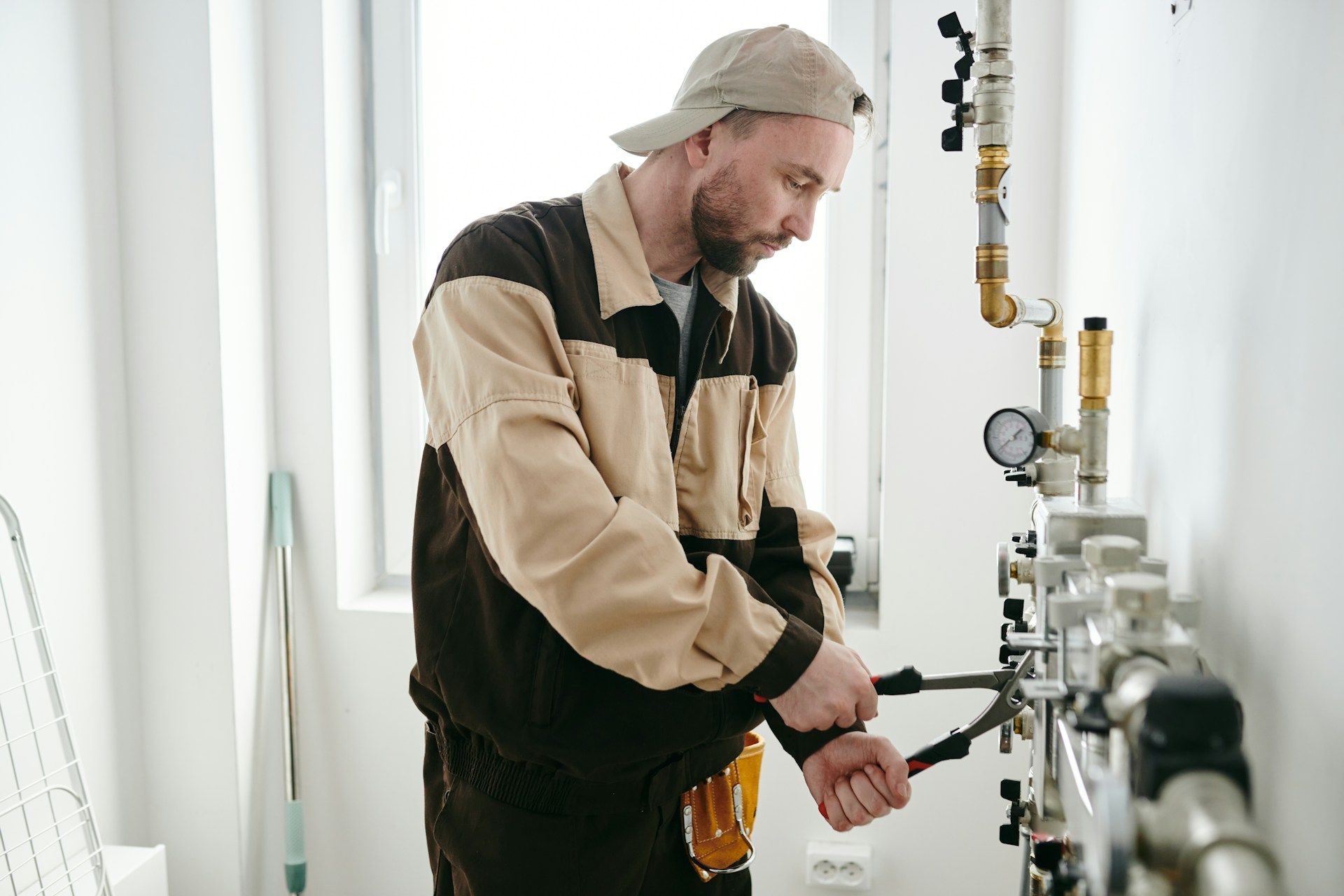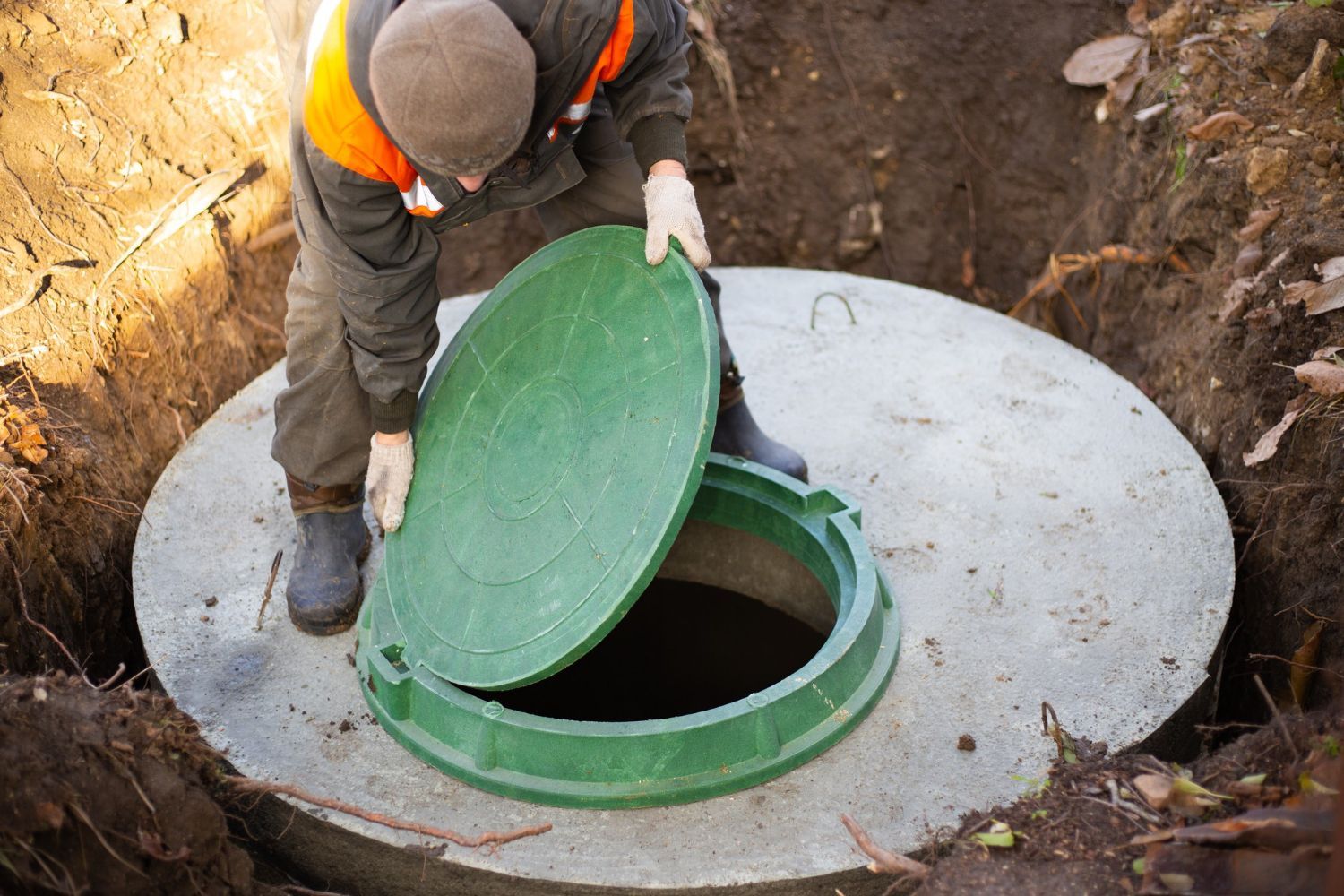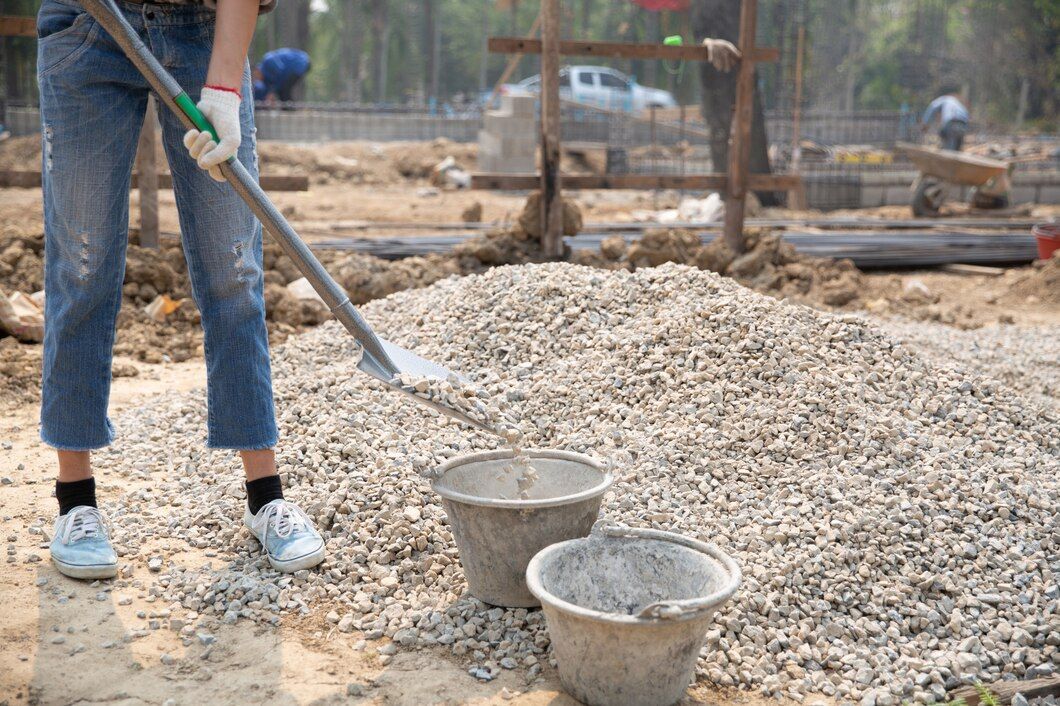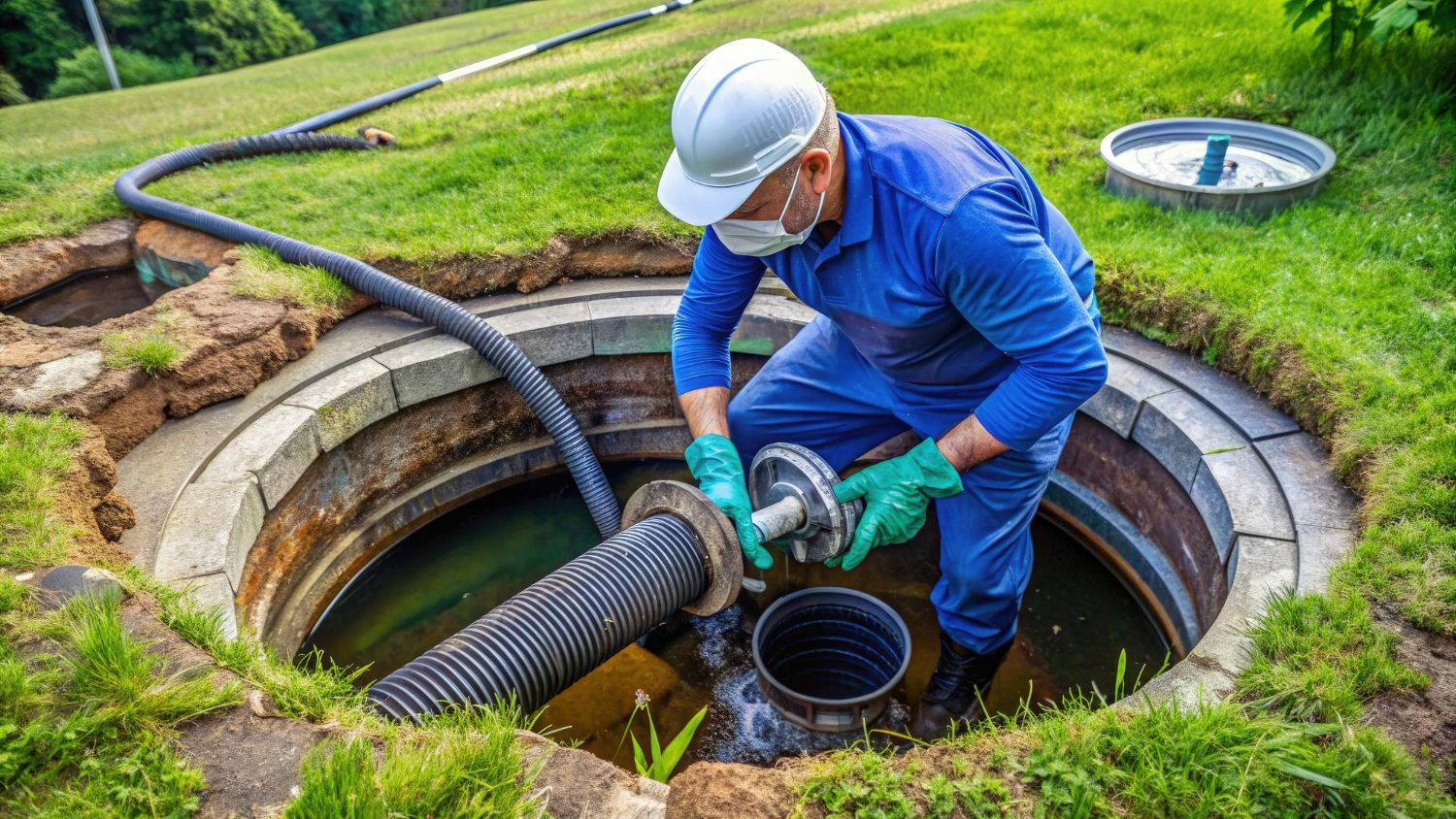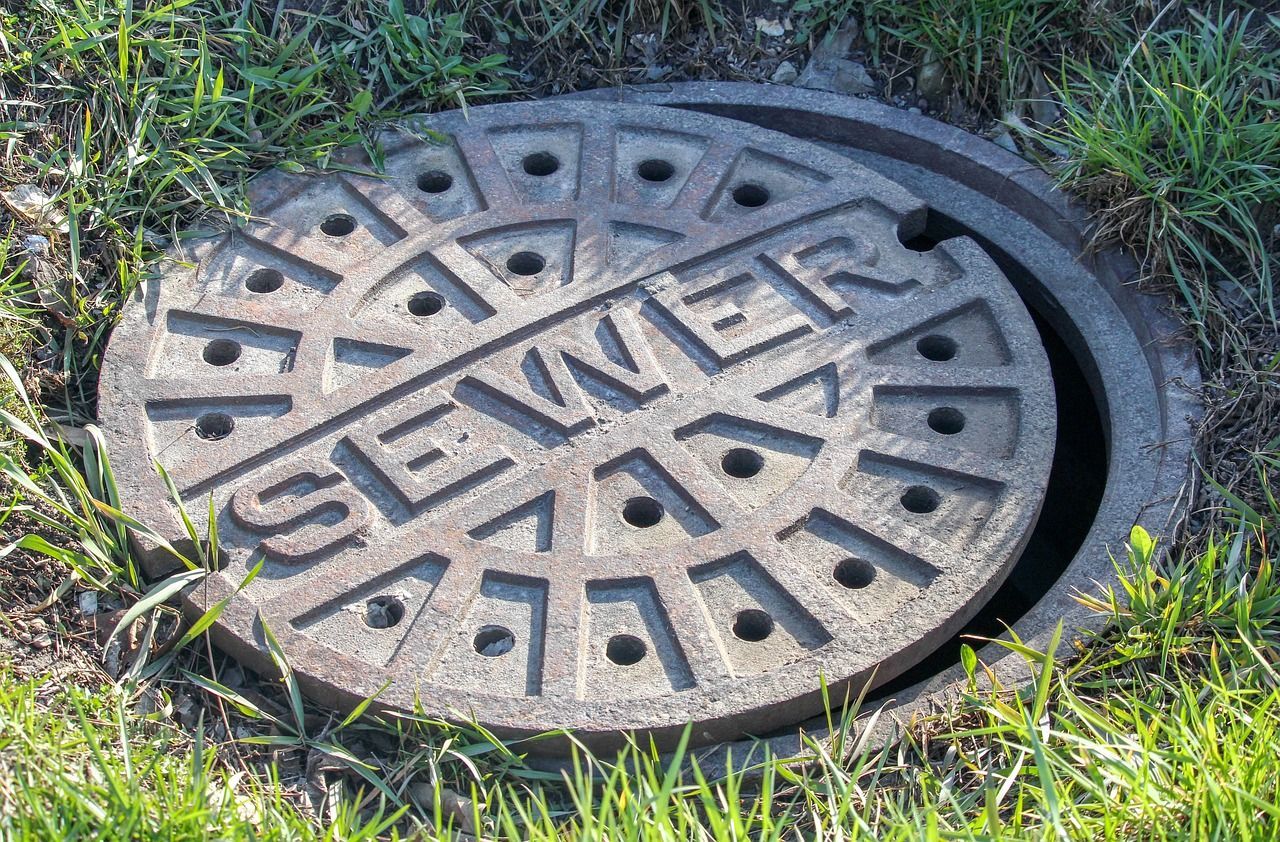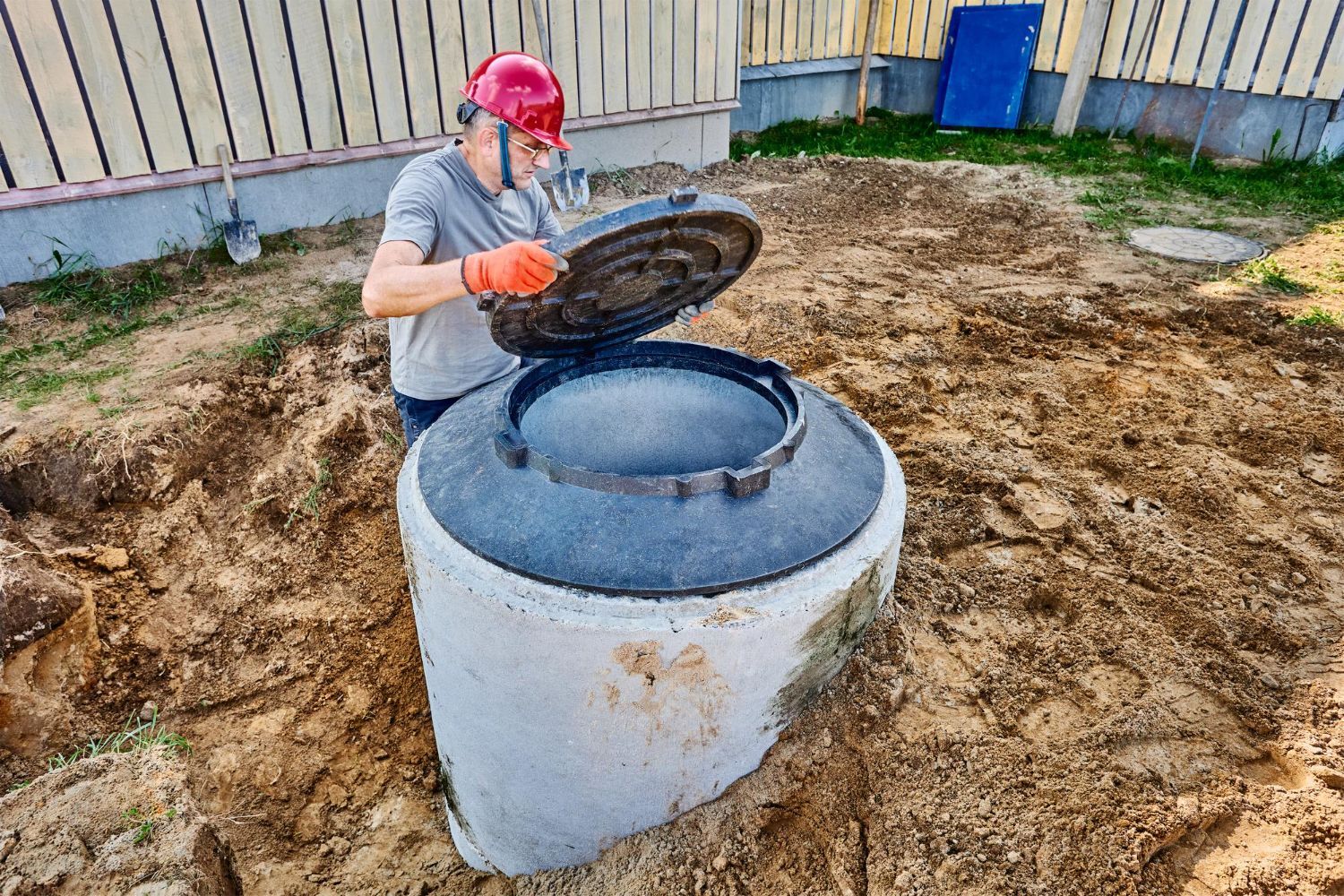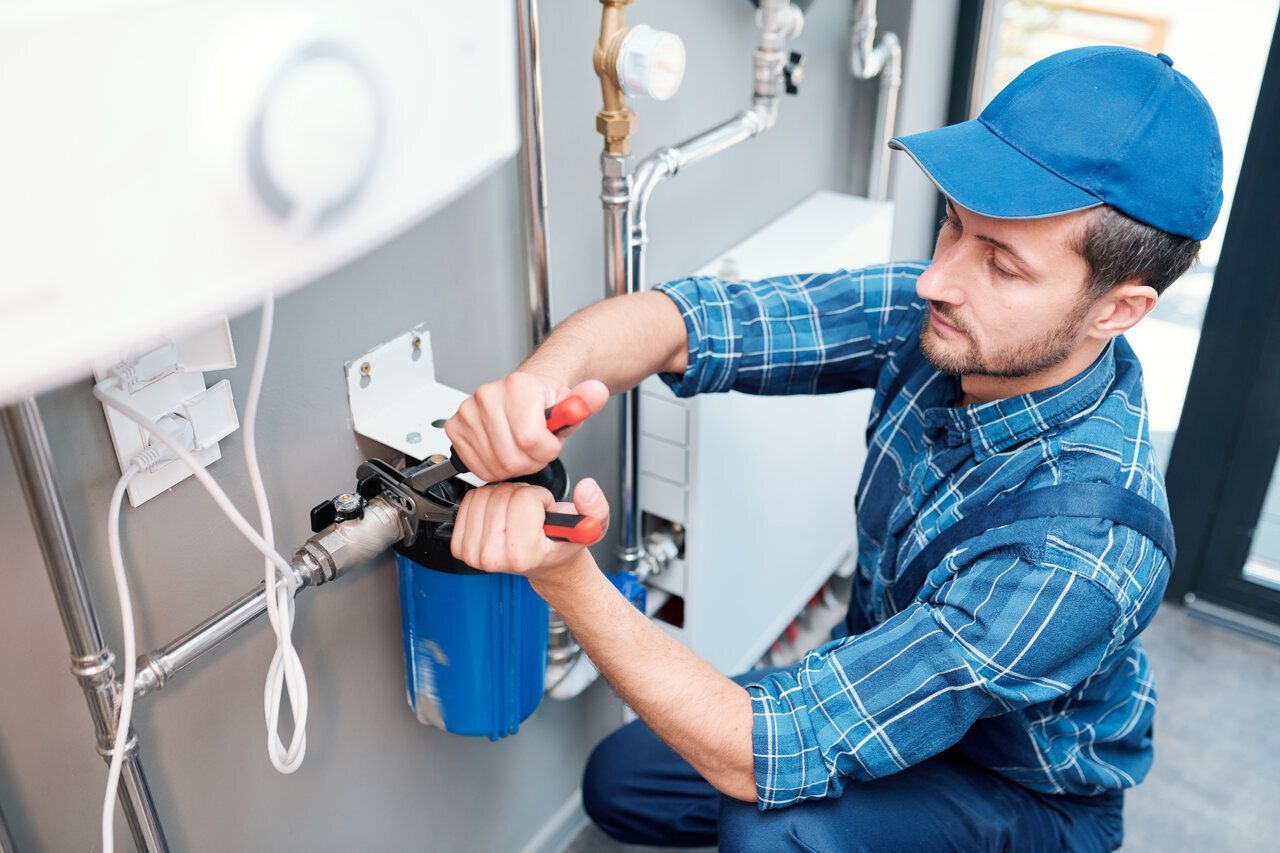The Ultimate Guide to Preventing Backflow Issues with Apollo Sewer & Plumbing
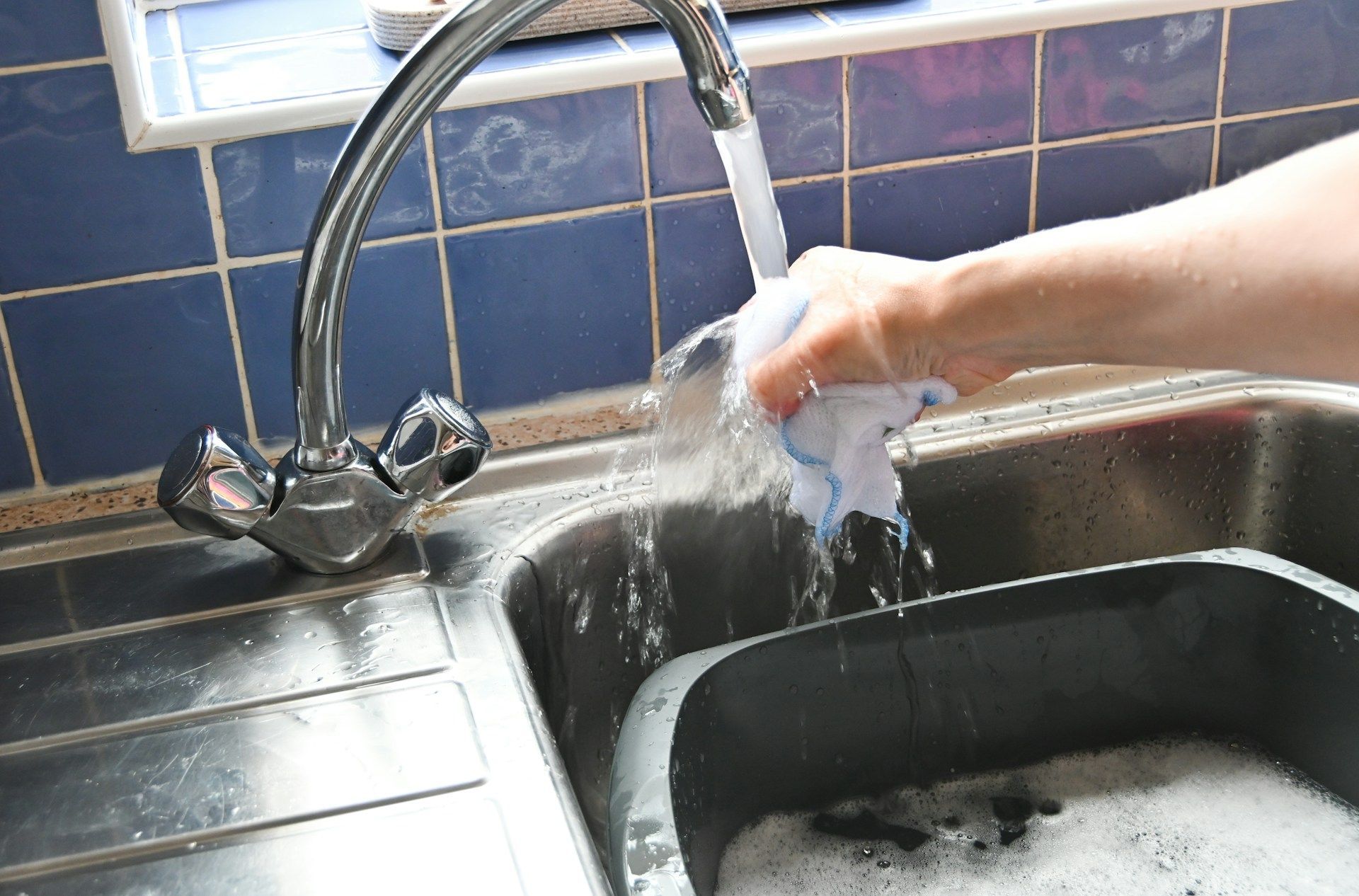
Backflow issues can pose significant risks to property owners by compromising water quality and safety. Understanding the causes and consequences of backflow is crucial for informed decision-making and effective prevention measures. In this comprehensive guide, we explore the necessity of backflow prevention devices and regular testing, along with the professional services provided by Apollo Sewer & Plumbing to help clients prevent backflow issues. Our experienced team assists property owners in implementing the appropriate safeguards to protect their plumbing systems and maintain a safe, clean water supply.
By working together with Apollo Sewer & Plumbing, you can ensure the proper functioning and maintenance of your plumbing system, as well as protect your family, employees, and customers from potentially hazardous backflow situations.
Understanding Backflow: What It Is and How It Occurs
Backflow refers to the unwanted reversal of water flow in a plumbing system, which allows contaminated water from sources like sewage, chemicals, or fertilizers to flow back into the clean water supply. Backflow can occur in two ways:
1. Backpressure: This occurs when the pressure in a non-potable water system becomes greater than the pressure in a potable water system, causing the contaminated water to flow back into the clean water supply.
2. Backsiphonage: This is caused by a sudden drop in water pressure in the potable water supply, such as during a water main break or when a fire hydrant is opened, creating a suction effect that can draw contaminated water from a non-potable water system into the potable water supply.
Both backpressure and backsiphonage events can threaten public health and safety by potentially introducing hazardous contaminants into drinking water. As a property owner, it is your responsibility to mitigate these risks through proper prevention measures like regular maintenance and testing of backflow prevention devices.
The Importance of Backflow Prevention Devices
Backflow prevention devices are specifically designed to prevent the reversal of water flow and contamination of the potable water supply. These devices create a physical barrier between the potable and non-potable water systems. Types of backflow prevention devices include:
1. Air Gap: An air gap is a simple and highly effective method of backflow prevention, achieved by providing a physical separation between the potable water supply and a possible source of contamination, such as a sink's faucet or drain.
2. Atmospheric Vacuum Breaker (AVB): An AVB is a mechanical device installed on faucets or hose bibbs. It includes a check valve that closes when water flow stops, creating a small air gap to prevent backflow.
3. Pressure Vacuum Breaker (PVB): A PVB is a mechanical backflow preventer commonly used for irrigation systems. It features a spring-loaded check valve and an air relief valve, which prevent both backpressure and backsiphonage.
4. Reduced Pressure Zone (RPZ) device: An RPZ device is a more advanced backflow preventer, suitable for high-hazard applications. It consists of two spring-loaded check valves and a pressure differential relief valve, creating a reduced pressure zone between the check valves.
The type of backflow prevention device needed for a particular plumbing system depends on various factors, including local regulations, the degree of potential hazard, and the specific environment. Consult with a licensed plumber, such as the professionals at Apollo Sewer & Plumbing, to determine the appropriate device for your needs.
Regular Testing and Maintenance of Backflow Prevention Devices
Routine testing and maintenance of backflow prevention devices are essential to ensure their proper functioning. Local regulations typically require annual testing of backflow prevention devices, although more frequent testing may be necessary for specific industries or in high-hazard situations. A certified backflow prevention assembly tester, like those at Apollo Sewer & Plumbing, should perform the testing to ensure reliable results.
Maintenance and repair of backflow prevention devices should also be performed by a qualified professional, as improper installation or repair can compromise the device's function and increase the risk of contamination. Regular maintenance and testing of backflow prevention devices help to:
1. Detect malfunctions or damage early, preventing costly damage or health hazards.
2. Ensure compliance with local regulations and water utility requirements.
3. Maintain and protect the water quality and safety of your property and the community.
Engaging the services of professional plumbers experienced in backflow prevention, like the team at Apollo Sewer & Plumbing, will ensure your plumbing system is adequately protected from potential risks.
Best Practices for Property Owners: Preventing Backflow Issues
As a property owner, there are several steps you can take to minimize the risk of backflow issues:
1. Regular Inspections: Regularly inspect your plumbing system for signs of wear, damage, or potential backflow risks. This proactive approach allows for early detection and remediation of problems before they escalate.
2. Compliance with Local Regulations: Stay informed about local regulations and guidelines for backflow prevention, and ensure that your property complies with these requirements.
3. Partner with Professional Plumbers: Establish a relationship with a trusted plumbing service, like Apollo Sewer & Plumbing, to provide expert guidance, installation, maintenance, and testing of backflow prevention devices.
4. Educate Yourself and Others: Educate yourself, your family, and your employees about backflow risks, prevention methods, and the importance of proper plumbing maintenance.
Implementing these best practices for backflow prevention ensures the safety and integrity of your property's water supply and contributes to public health and environmental protection.
By adopting these preventive measures and partnering with Apollo Sewer & Plumbing for all your backflow prevention needs, you can protect your plumbing system, maintain a reliable and safe water supply, and comply with local regulations.
Safeguard Your Plumbing System with Apollo Sewer & Plumbing's Backflow Prevention Services
By understanding the causes and consequences of backflow and implementing appropriate prevention measures, you can protect your plumbing system and ensure a clean, safe water supply for your property. With the help of Apollo Sewer & Plumbing's skilled
plumbers in Keyport, NJ, you can be confident in the proper testing, maintenance, and compliance of your backflow prevention devices. Don't leave the safety of your water supply to chance—partner with the experts at Apollo Sewer & Plumbing for reliable backflow prevention services tailored to your unique needs. Contact us today to learn more about our comprehensive backflow prevention solutions and entrust your plumbing system to the capable hands of our experienced team.

